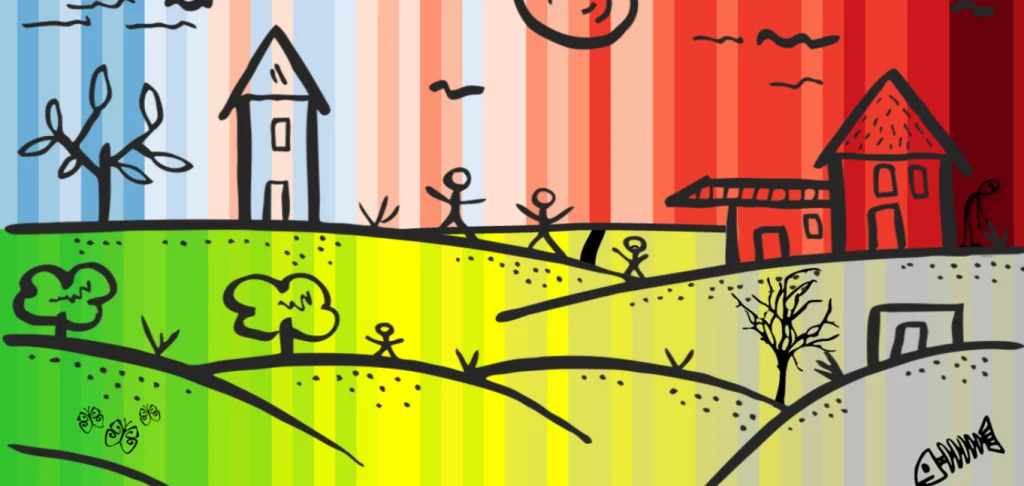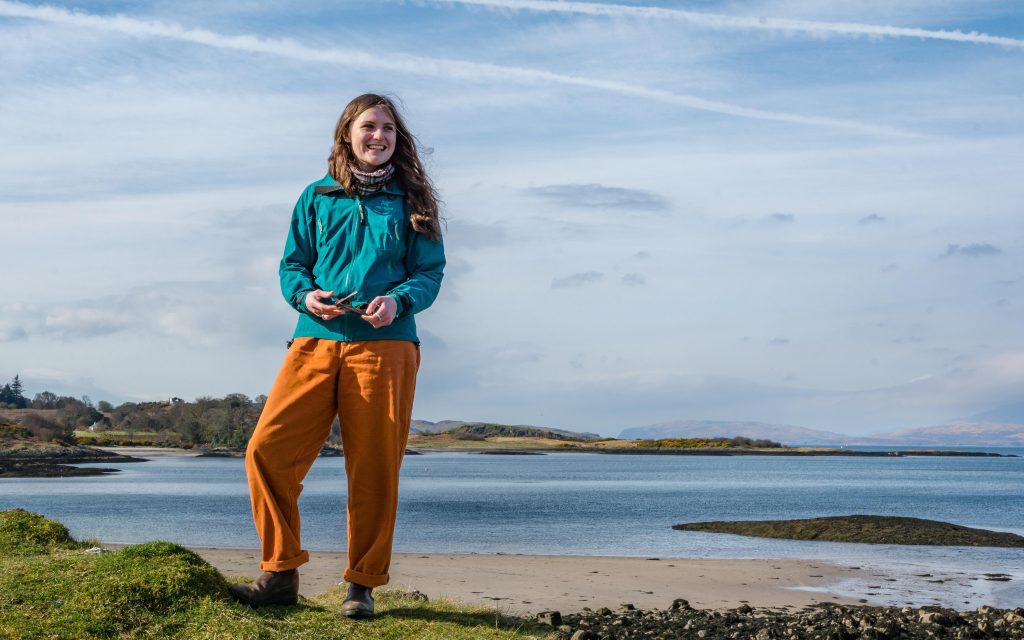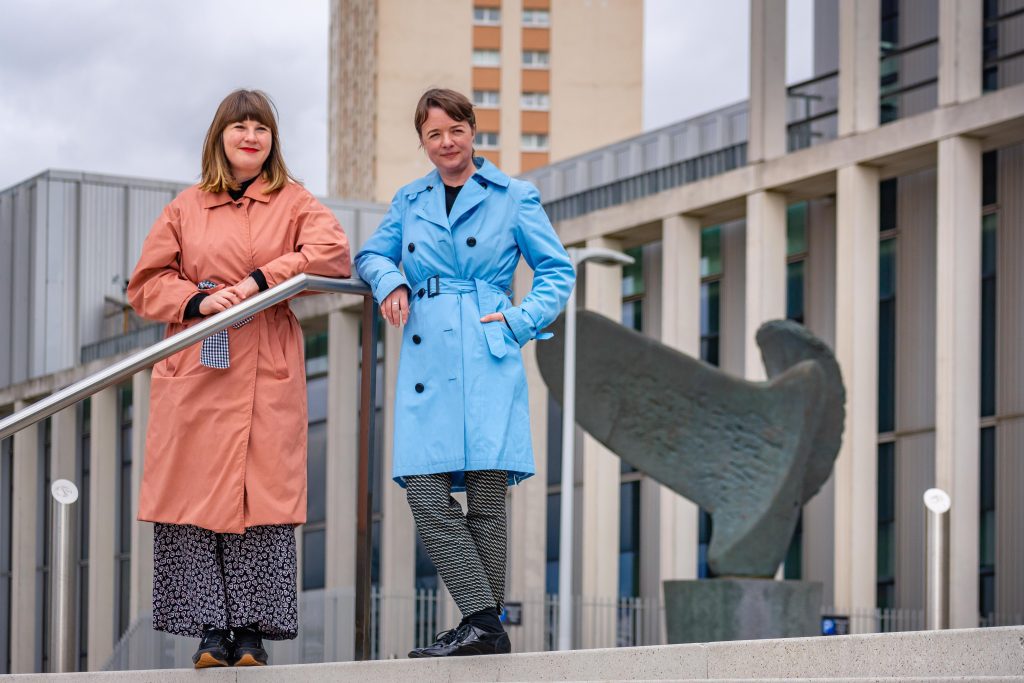Amplifying the voice of Scotland’s environmental sector
20 February 2024
Scottish Environment LINK: Why infrastructure matters
Elaine Gibb

Photo by Lesley Martin
Sometimes described as the backbone of the third sector, infrastructure bodies are the unseen heroes working to ensure frontline organisations are effective, resilient and connected. We want to help to underpin the important infrastructure within Scotland’s environmental voluntary sector.
Key learnings:
- Scotland has an active environmental voluntary sector with a vast amount of specialist expertise at all levels.
- The diverse nature of the sector means that important voices or messages can be lost in work to influence environmental policy and protection.
- Sharing practice & learning and working collaboratively improves the effectiveness of the sector.
- Work to connect individual voices, amplify messages and coordinate action, delivers greater collective impact for safeguarding the future of Scotland’s natural environment.
Scottish Environment LINK, describes itself as ‘the forum for Scotland’s voluntary environment community’. Before joining as its Chief Officer, Deborah Long’s career included working in a small conservation charity, one of LINK’s members.
“I could really see the value of LINK because I found I could get involved in a lot more policy areas than I could on my own. I had another 40-odd environmental NGOs with huge amounts of expertise that I was able to use and build into my own work.” She recalls.
LINK’s membership consists of 44 organisations – from the well-known, such as RSPB Scotland and the Marine Conservation Society, to small, species-focused groups like the Scottish Wild Beaver Group. Activity is divided across 16 member-led working groups, each focused on a different environmental policy area.
“Our members are environmental organisations working in Scotland. We bring together their diverse knowledge and expertise to help the Scottish Government deliver effective environmental policy that can restore our environment, so we pass it on in a much healthier condition to future generations.”
Subscriptions from members and funding from foundations such as ours are critical in enabling them to provide this important but often unseen role. Crucially, it gives them – in Deborah’s words – “the independence to be driven by the priorities of the environment”.
Our unseen environmental heroes
While she is clear on the important role LINK plays helping members to collaborate, share and showcase their expertise and solutions, it is not so easy to showcase LINK itself.
“Demonstrating what we do to funders can be difficult because what we’re doing is adding efficiencies and effectiveness to a system. It’s a lot less tangible than something like increasing the number of lapwings in Scotland, for example.” Deborah explains.
She believes LINK’s work has never been more vital, saying: “There’s a keen sense we all have that now is the moment. Unless we can put resources and energy into getting policy and legislation right now, we’re going to miss a huge opportunity – in fact, a huge need – to make a step change. We need to be giving the environment a voice as much as possible, through all our member bodies. It’s a stronger voice and a louder voice when we come together.”




